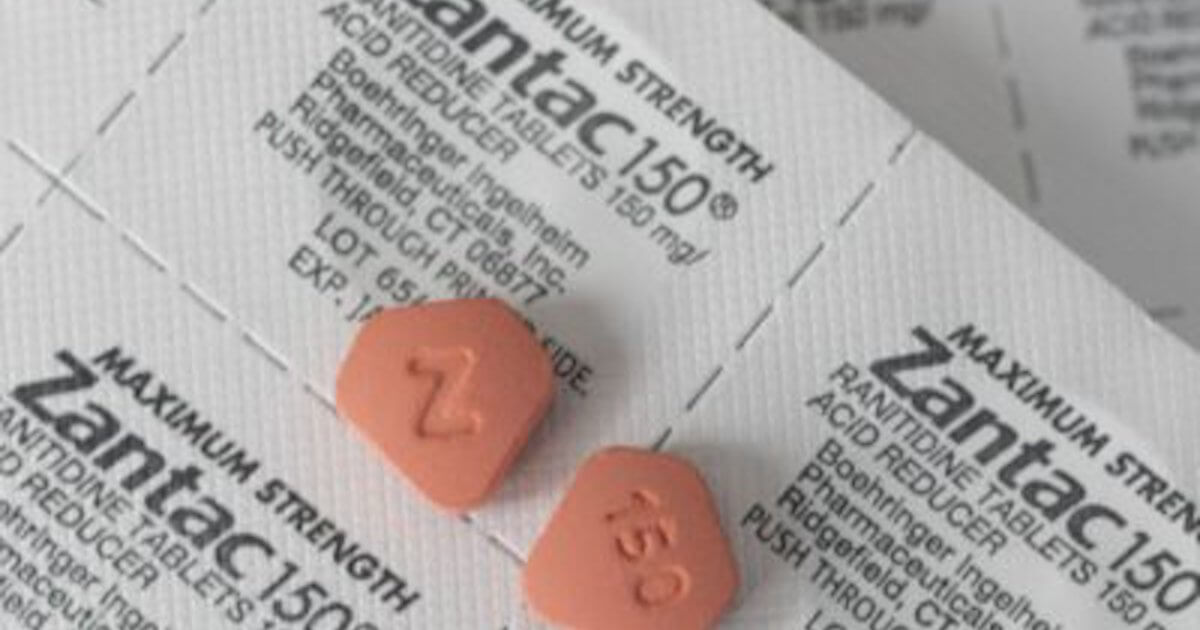To calm her chronic heartburn, Jill Goldstein, 44, of Boynton Beach, Fla., took Zantac, the over-the-counter medicine pulled from shelves this past fall, for nearly two decades. Then in August, Goldstein, a former school psychologist, was reportedly diagnosed with breast cancer.
On Wednesday, Goldstein filed a lawsuit against four top pharmaceutical companies that manufacture the drug, according to the Palm Beach Post, alleging that Zantac is what caused her cancer. While the drug has been the target of multiple lawsuits, she and her lawyer claim she is the first to link the drug to a specific type of cancer.
Read MoreRELATED NEWS Zantac Maker Recalls The Heartburn Drug After FDA Warning
The lawsuit was filed in U.S. District Court in West Palm Beach.
"If only the makers of Zantac had put aside their greed and heeded the 2008 peer-reviewed study … Jill Goldstein would not be going through the hell she is subjected to now," attorney Yechezkel Rodal said in the 41-page document.
Launched in 1983 by GlaxoSmithKline, it’s been sold by Pfizer, Sanofi U.S., and Boeheringer Ingelheim Pharmaceuticals.
RELATED NEWS: A Popular Heartburn Drug Is Being Recalled for Its Potential Cancer-Causing Risk: Here’s What You Can Do for Heartburn Instead
The FDA’s Warning
In September, the Food and Drug Administration (FDA) announced that Zantac was found to contain low levels of a cancer-causing chemical called nitrosodimethylamine (NDMA). Pharmacy giants likce CVS and Walgreens pulled heartburn drug Zantac (which was being sold under other names) from their shelves over the potential link to the disease, and drugmaker Sanofi decided to issue a recall as well. In a statement announcing the recall, the company said it is committed to helping investigate the cancer link. "Sanofi is committed to transparency and will continue to communicate results with health authorities from the ongoing testing, and work with them to make informed decisions based on available data and evidence," the statement said.
In the meantime, the FDA has said consumers may look to alternate heartburn medications. The agency tested samples of over-the-counter alternatives such as Pepcid, Tagamet, Nexium, Prevacid and Prilosec and says it found them safe — with no NDMA.
Learn more about SurvivorNet's rigorous medical review process.

